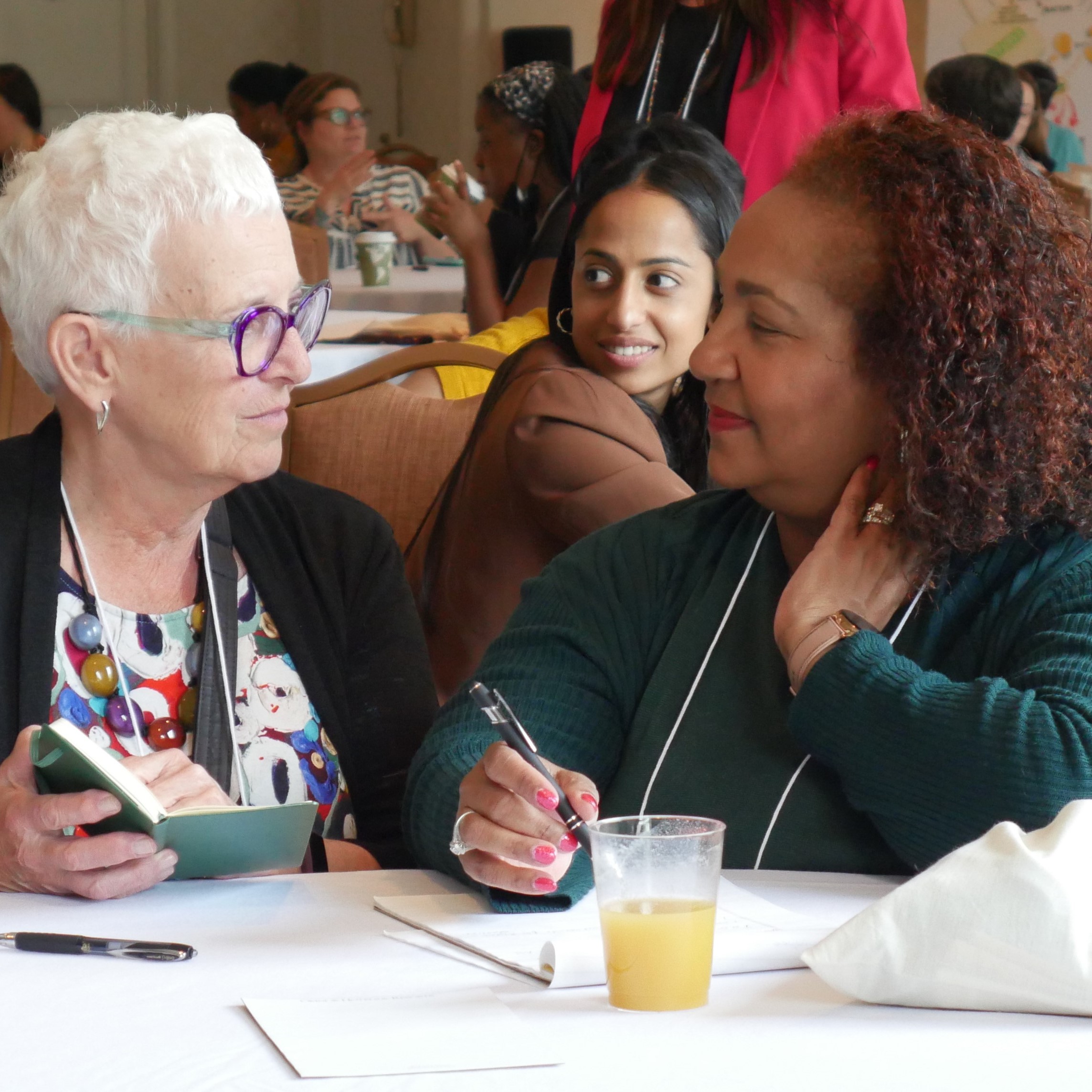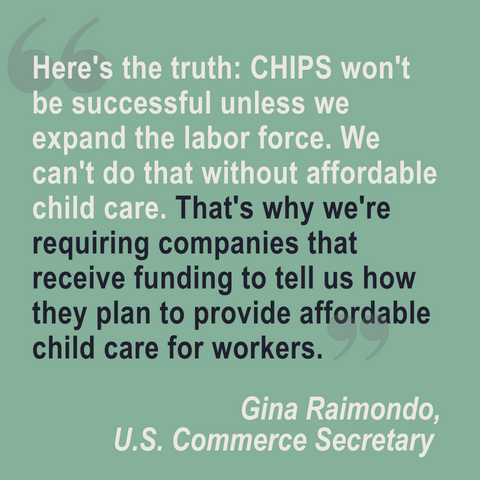One in seven. That’s the Centers for Disease Control and Prevention (CDC) estimate of how many children experienced child abuse or neglect in the past year in the United States – and the CDC notes that is likely an underestimate, because many cases are unreported.
It’s an alarming statistic for sure.
Situations of child maltreatment are complex and challenging, and no one-size-fits-all solution results in the best outcome for every child at risk. When a family is without resources, experiencing poverty, and when there’s domestic violence in the home, finding the best way forward can be especially tough.
The story of “Lisa,” reported in the Boston Globe last fall, is, unfortunately, fairly typical. Despite the fact that Lisa protected her infant daughter – who was unharmed – when the baby’s father broke down their door and attacked her, the Massachusetts Department of Children and Families cited Lisa for child neglect.
A finding like that shows up on background checks and in some cases can lead a judge to take children from domestic violence survivors. In this case, it cost Lisa a job she wanted very much and forced her into a long, difficult spiral.
When a child welfare agency cites a domestic violence survivor for child neglect, it sends the message that if you’re experiencing domestic violence, you’re not protecting your child. And that leads to harmful outcomes, including a child being separated from a parent who loves and protects her.
This is happening regularly as states make more people – beyond the medical community, teachers and law enforcement – mandatory reporters of child maltreatment. Black, Indigenous, and other families of color are harmed the most; they are over-investigated, have their children removed more frequently than white families, and are reunified at lower rates in child welfare agencies across the country.
Certainly, everyone should be concerned about child abuse and neglect – and certainly, there are cases where child protection agencies should be engaged. But there is a tremendous amount we can all do to provide support before families get stuck in a system that is overtaxed, does not provide individualized resources, and that many families experience as posing an ongoing threat to remove their children.
In Many Cases, A Better Way
There are clear, tangible ways to build protective factors for families experiencing domestic violence that can lessen the burdens and impacts of domestic violence and make it less likely the child welfare system will need to be involved.
These might include getting to know your neighbors and simply giving your phone number to someone who seems isolated and anxious, and letting her know that she can call you if she needs help at any hour. Or if a domestic violence survivor is worried about losing her housing, offer to help her fill out applications for other places to live. If she’s having car trouble or struggling to pay bus fares, offer a ride or to pick up groceries.
Simple gestures like those make people feel less alone, and that they have someone they can count on. They can help keep a situation from escalating to the point at which an adult or a child is at risk.
Policy solutions are urgently needed, too.
Too often, we blame families for the failures of our social safety net, viewing them as deficient simply because they are living in poverty. Survivors should not have to experience the trauma of a child welfare case to access essential resources like food, employment and immigration support, housing, transportation, child care, and substance abuse and mental health services, all of which can reduce stressors. Helping children and youth develop social and emotional skills at school can also help provide a path away from child welfare.
Our Bridges to Better website offers a wealth of resources that can help child welfare agency leaders, researchers and others build networks in communities that promote safety, well-being, and healing for children and their families. We are happy to share our new publication, Rethinking Protection: Alternatives to Mandatory Reporting for Survivors of Domestic Violence & Their Children and the webinar we held to share it. It describes ways to build each of five essential protective factors that help both survivors of domestic violence and their children:
- Establishing safe and more stable conditions;
- Building social, cultural and spiritual connections;
- Fostering resilience and a growth mindset;
- Creating conditions for nurturing parent-child interactions; and
- Promoting social and emotional abilities.
This Child Abuse Prevention Month, we are asking people to consider the harms caused by creating a surveillance system that scrutinizes and monitors low-income families, families of color, and survivors experiencing domestic violence.
We hope the strategies and resources we are offering will help underscore that we can all play a role in supporting families experiencing domestic violence. If we all reach out with support for these families and encourage greater investments in the resources they need, child welfare systems will be able to focus on the extreme cases of child abuse and our communities will be healthier and stronger.








